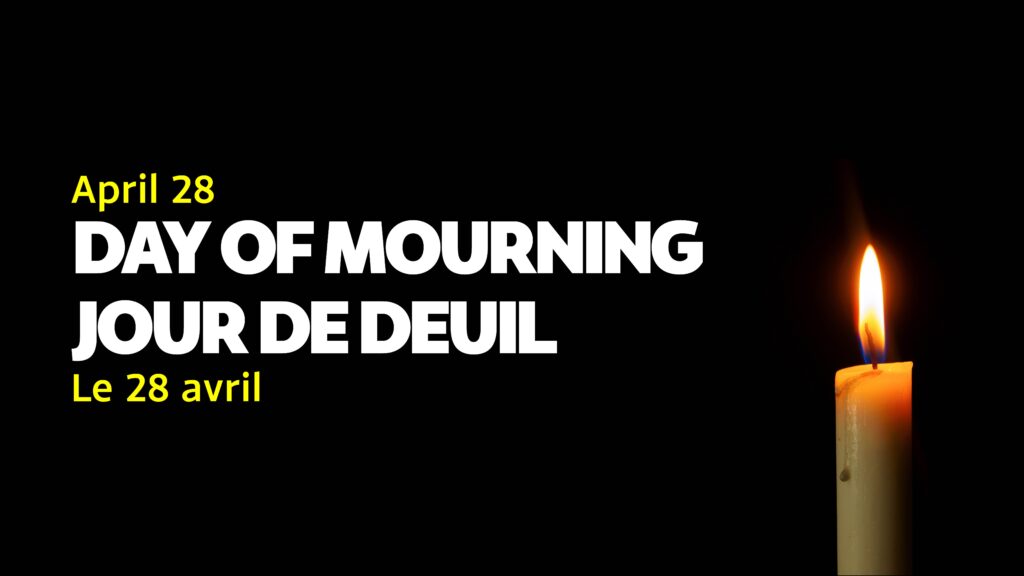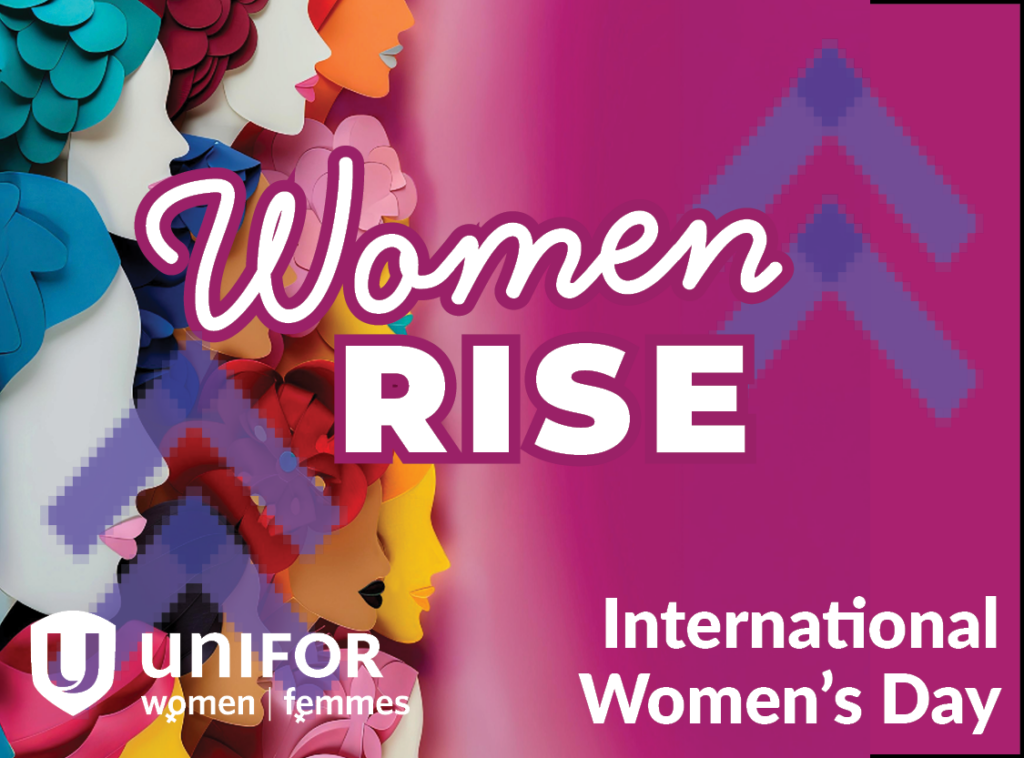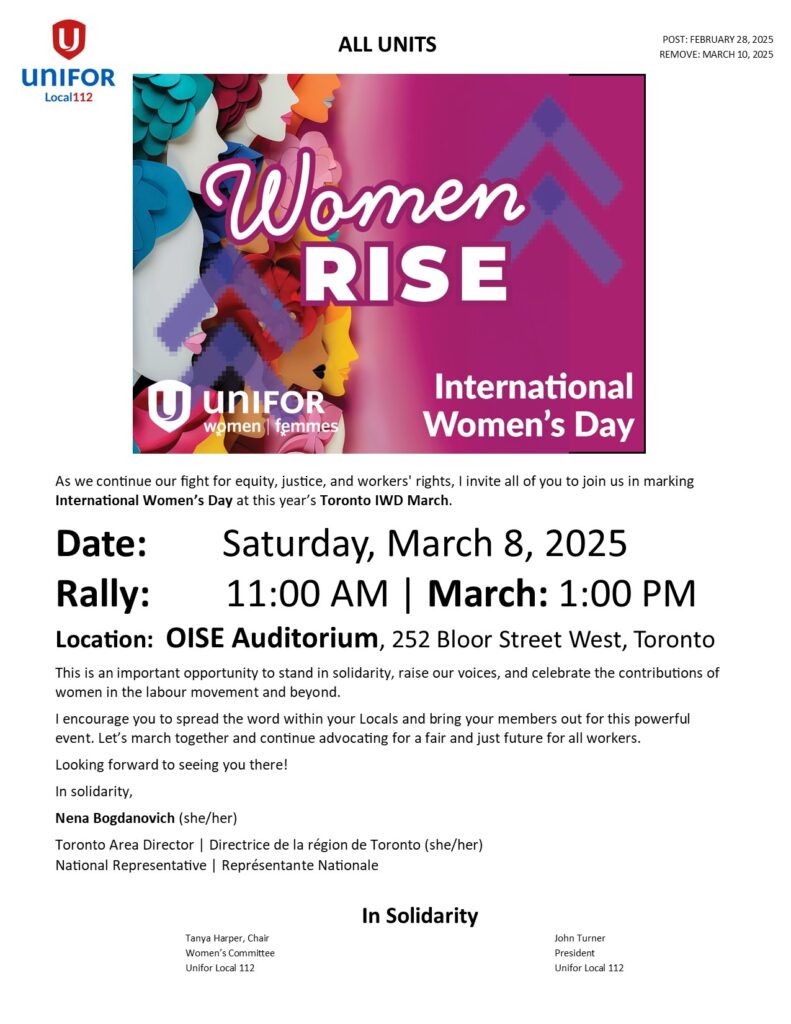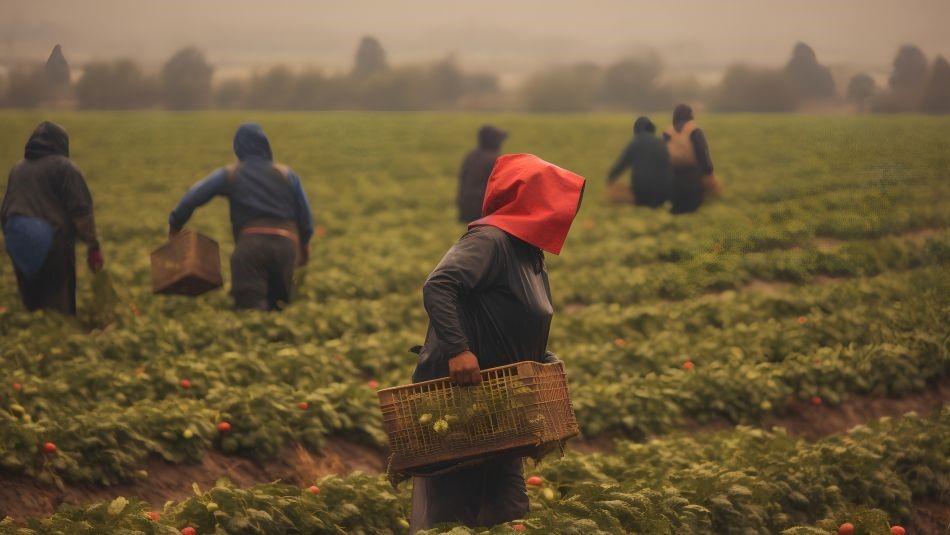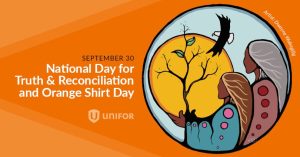April 24, 2025
Each May, Unifor celebrates Asian Heritage Month by recognizing the important contributions and rich cultural heritage of Asian and South Asian communities in Canada.
The theme for the 2025 Asian Canadian Heritage Month is “Asian Canadian Legacy: We Contribute. We serve.”, which reflects the spirit of solidarity at the heart of Unifor’s work—where Asian members have long strengthened our union through their leadership, service, and unwavering commitment to justice.
The legacy of Asian Canadians is one of resilience, resistance, and remarkable achievement. From early immigration and labour struggles to the ongoing fight for equity in our workplaces and communities, these stories shape who we are—and who we must strive to become.
At the same time, we cannot ignore the continued rise in anti-Asian racism and xenophobia, often intensified by global conflict and misinformation. A 2023 Angus Reid Institute poll found that many Asian Canadians still face harassment and discrimination rooted in geopolitical fear and pandemic scapegoating. These realities underscore the need for solidarity especially now as trade tensions between the U.S. and the rest of the world continue to stoke division and embolden harmful stereotypes that wrongly portray Asian communities as threats instead of the integral, contributing members of society that they are.
Unifor recommits to creating safer, more inclusive workplaces through collective bargaining, while actively challenging anti-Asian racism in all its forms—from the workplace to the wider community.
As trade unionists, we are not observers—we are changemakers. Asian Heritage Month is not only a time to reflect, but also a call to act.
This month, we encourage all members to participate, speak out, and amplify the stories, successes, and struggles of Asian Canadians.
Share your messages using #Unifor4RacialJustice and join us in the work of building a future where everyone belongs.
Together, we learn from our past—and organize for a future shaped by equity, dignity, and solidarity.


